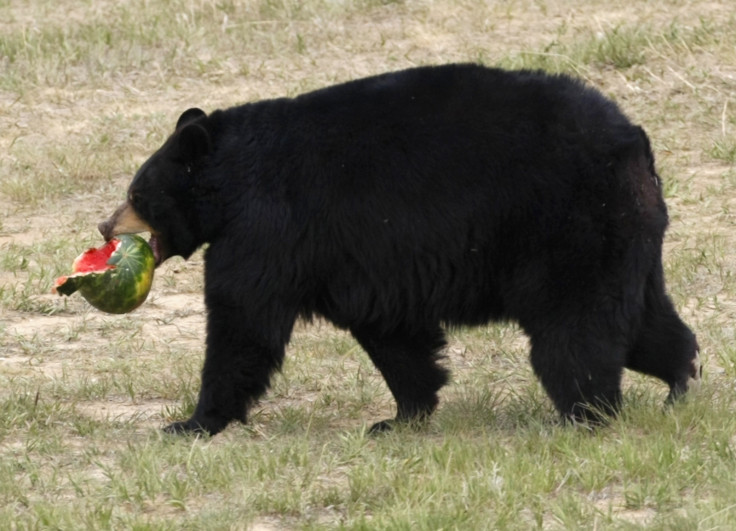Hikers find bear scavenging human remains near campsite
Post mortem examination of the remains confirmed the identity of the deceased man, authorities are investigating the cause of death.
Some hikers on a trail in Great Smoky Mountains National Park made a gruesome discovery on Friday, September 11. They stumbled upon human remains close to an abandoned campsite. They also saw a black bear in the area. The unnamed hikers alerted the authorities in North Carolina, United States. Rangers arrived at the site after midnight to find the bear eating the remains. It was later revealed that the remains belonged to Patrick Madura from Elgin, Illinois.
While exploring the Hazel Creek Trail, a group of hikers discovered an unoccupied tent at campsite 82. Searching for the tent's occupant, the group went to a nearby creek. They found what appeared to be human remains scattered at the spot. They found signs of a bear in the area as well.
Knowing that it is illegal to approach a bear, the group left the spot. Upon getting a better cell phone network, they were able to contact the park authorities at around 7 pm local time.
After receiving the call, law enforcement rangers and wildlife officers were dispatched to examine the scene. They managed to arrive at the site after 12 am on Saturday, September 12. Locating the campsite, they rangers found a black bear actively scavenging on the human remains.
The rangers were forced to euthanise the animal. Speaking to ABC 13 News, park spokesperson Jamie Sanders said that euthanising the bear was necessary. Once bears get a taste of human flesh, they become a threat to park visitors.
The remains were sent for a post mortem examination to ascertain the identity. Park authorities confirmed that the remains belonged to Madura who had been camping alone at the spot. The cause of death has not been determined. An investigation into the 43-year-old man's death can also determine for how long he was deceased. It was not revealed if Madura had been reported missing or if his family has been notified of the death.
Following the incident, the park authorities emphasised on the importance of taking precautions to avoid bear encounters.

© Copyright IBTimes 2025. All rights reserved.



















